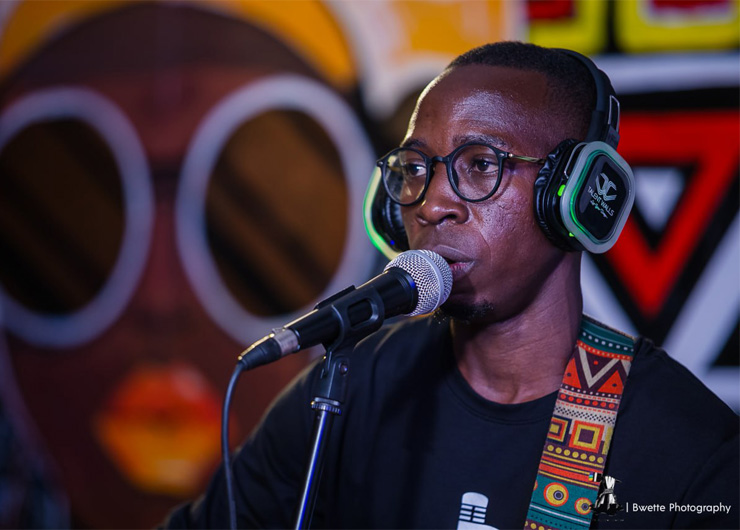
07 Dec Social Justice advocacy through art.
Art? Art is dancing, fashion, music, poetry, film, painting, sculpture, and amusement. Art is multifaceted, its definition is limitless, and different forms of art communicate to different people. This example suggests we consider how art promotes social fairness. How does art convey to its consumers, and how does their perception and reaction to art impact their view of humanity?
Last week, more than 20 artists of all genres gathered at Fairway Hotel under the topic of Art for Activism to debate how artists may use their work to support human rights and other causes that improve the world.
Artists explored how they may learn from Uganda’s pre-colonial history to explore how our predecessors used activism to promote, gender inclusivity, sexuality, conservation and freedom of speech and expression.
 As a freedom and peace movement, art has always started revolutions and changed society. Participants discussed how art may be utilised for entertainment and to reflect on society as a form of storytelling, striving for a more inclusive narrative.
Artists were told that lobbying for LGBTQI rights in a conservative country like Uganda can backfire. Thus, even in political settings, art activism has repercussions.
Artists stressed the need to expand beyond major hubs like Kampala to reach rural areas to make money because making art takes time. New marketing methods can expand various forms of art, like visual arts, fashion, spoken word, and others, that are seen as elite by common people, especially in rural areas outside Kampala.
Art can be a career and artists should consider art entrepreneurship. Mark Gordon, a spoken word poet, discussed how he sold spoken word to Sabrina Pub, which eventually brought more spoken word artists to a wider audience. Ssebo Lule, a Luganda-speaking spoken word artist and rapper, stressed the need of segmenting art to make it accessible and inexpensive to different audiences and attract new art consumers.
As a freedom and peace movement, art has always started revolutions and changed society. Participants discussed how art may be utilised for entertainment and to reflect on society as a form of storytelling, striving for a more inclusive narrative.
Artists were told that lobbying for LGBTQI rights in a conservative country like Uganda can backfire. Thus, even in political settings, art activism has repercussions.
Artists stressed the need to expand beyond major hubs like Kampala to reach rural areas to make money because making art takes time. New marketing methods can expand various forms of art, like visual arts, fashion, spoken word, and others, that are seen as elite by common people, especially in rural areas outside Kampala.
Art can be a career and artists should consider art entrepreneurship. Mark Gordon, a spoken word poet, discussed how he sold spoken word to Sabrina Pub, which eventually brought more spoken word artists to a wider audience. Ssebo Lule, a Luganda-speaking spoken word artist and rapper, stressed the need of segmenting art to make it accessible and inexpensive to different audiences and attract new art consumers.
 Ssebo Lule highlighted his little Masavu passport book idea, where he sells each poem for 2000 shilling, and how this is helping him sell more poems and reach a wider audience than before when he sold tens of poems in one book and made few sales. It was mentioned that online digital retailing helps artists express their stories and promote their advocacy. Artists were also advised to use “discriminative selling” to sell the same work to different markets at varying prices.
Like any other sector, artists faced challenges in achieving social justice, including divisions among themselves, lack of money and resources, restricted space for art shows, and time constraints.
Arts were urged to collaborate and not worry that supporting other causes might hurt theirs. They were also advised to be original, cease copying, and price their works according to their markets.
They were advised to master one or two art forms and expand both their talents and audience rather than dabble in many art genres that make them look unserious and produce bad works that could change their activism.
Ssebo Lule highlighted his little Masavu passport book idea, where he sells each poem for 2000 shilling, and how this is helping him sell more poems and reach a wider audience than before when he sold tens of poems in one book and made few sales. It was mentioned that online digital retailing helps artists express their stories and promote their advocacy. Artists were also advised to use “discriminative selling” to sell the same work to different markets at varying prices.
Like any other sector, artists faced challenges in achieving social justice, including divisions among themselves, lack of money and resources, restricted space for art shows, and time constraints.
Arts were urged to collaborate and not worry that supporting other causes might hurt theirs. They were also advised to be original, cease copying, and price their works according to their markets.
They were advised to master one or two art forms and expand both their talents and audience rather than dabble in many art genres that make them look unserious and produce bad works that could change their activism.
 As a freedom and peace movement, art has always started revolutions and changed society. Participants discussed how art may be utilised for entertainment and to reflect on society as a form of storytelling, striving for a more inclusive narrative.
Artists were told that lobbying for LGBTQI rights in a conservative country like Uganda can backfire. Thus, even in political settings, art activism has repercussions.
Artists stressed the need to expand beyond major hubs like Kampala to reach rural areas to make money because making art takes time. New marketing methods can expand various forms of art, like visual arts, fashion, spoken word, and others, that are seen as elite by common people, especially in rural areas outside Kampala.
Art can be a career and artists should consider art entrepreneurship. Mark Gordon, a spoken word poet, discussed how he sold spoken word to Sabrina Pub, which eventually brought more spoken word artists to a wider audience. Ssebo Lule, a Luganda-speaking spoken word artist and rapper, stressed the need of segmenting art to make it accessible and inexpensive to different audiences and attract new art consumers.
As a freedom and peace movement, art has always started revolutions and changed society. Participants discussed how art may be utilised for entertainment and to reflect on society as a form of storytelling, striving for a more inclusive narrative.
Artists were told that lobbying for LGBTQI rights in a conservative country like Uganda can backfire. Thus, even in political settings, art activism has repercussions.
Artists stressed the need to expand beyond major hubs like Kampala to reach rural areas to make money because making art takes time. New marketing methods can expand various forms of art, like visual arts, fashion, spoken word, and others, that are seen as elite by common people, especially in rural areas outside Kampala.
Art can be a career and artists should consider art entrepreneurship. Mark Gordon, a spoken word poet, discussed how he sold spoken word to Sabrina Pub, which eventually brought more spoken word artists to a wider audience. Ssebo Lule, a Luganda-speaking spoken word artist and rapper, stressed the need of segmenting art to make it accessible and inexpensive to different audiences and attract new art consumers.
 Ssebo Lule highlighted his little Masavu passport book idea, where he sells each poem for 2000 shilling, and how this is helping him sell more poems and reach a wider audience than before when he sold tens of poems in one book and made few sales. It was mentioned that online digital retailing helps artists express their stories and promote their advocacy. Artists were also advised to use “discriminative selling” to sell the same work to different markets at varying prices.
Like any other sector, artists faced challenges in achieving social justice, including divisions among themselves, lack of money and resources, restricted space for art shows, and time constraints.
Arts were urged to collaborate and not worry that supporting other causes might hurt theirs. They were also advised to be original, cease copying, and price their works according to their markets.
They were advised to master one or two art forms and expand both their talents and audience rather than dabble in many art genres that make them look unserious and produce bad works that could change their activism.
Ssebo Lule highlighted his little Masavu passport book idea, where he sells each poem for 2000 shilling, and how this is helping him sell more poems and reach a wider audience than before when he sold tens of poems in one book and made few sales. It was mentioned that online digital retailing helps artists express their stories and promote their advocacy. Artists were also advised to use “discriminative selling” to sell the same work to different markets at varying prices.
Like any other sector, artists faced challenges in achieving social justice, including divisions among themselves, lack of money and resources, restricted space for art shows, and time constraints.
Arts were urged to collaborate and not worry that supporting other causes might hurt theirs. They were also advised to be original, cease copying, and price their works according to their markets.
They were advised to master one or two art forms and expand both their talents and audience rather than dabble in many art genres that make them look unserious and produce bad works that could change their activism.

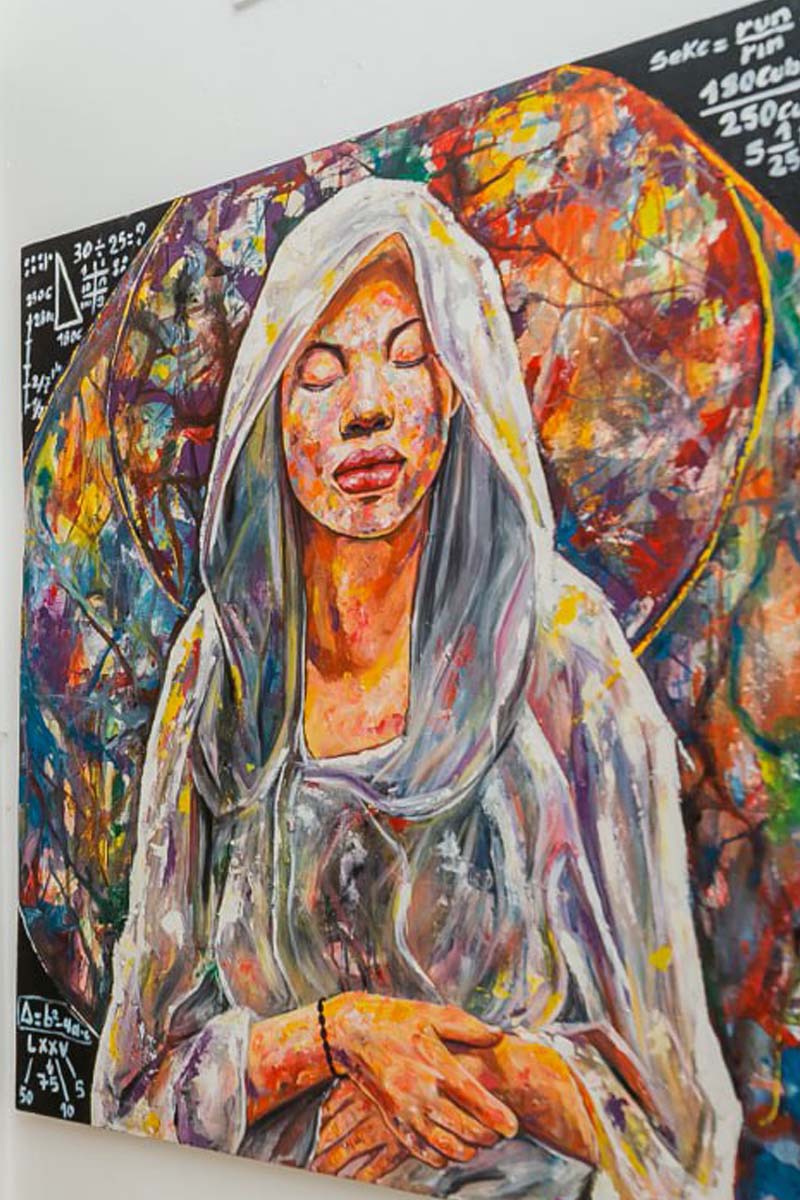
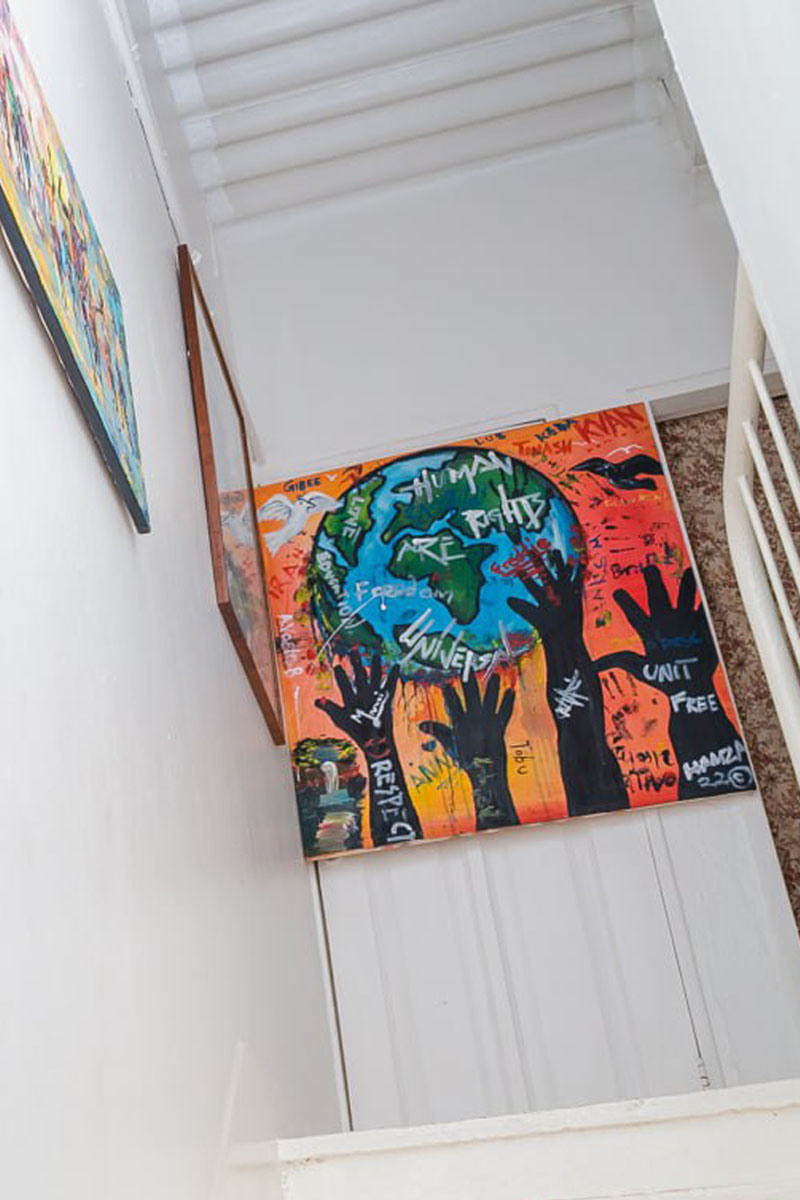
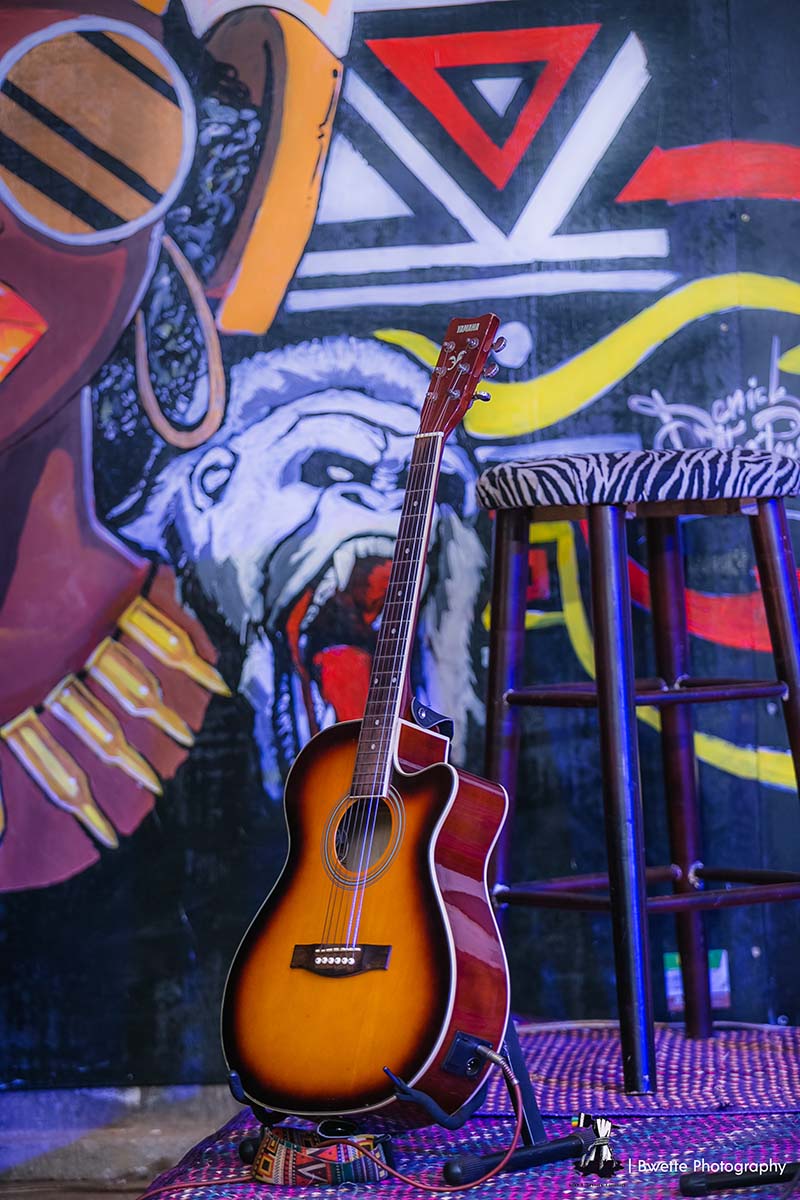
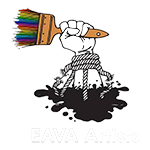

Sorry, the comment form is closed at this time.